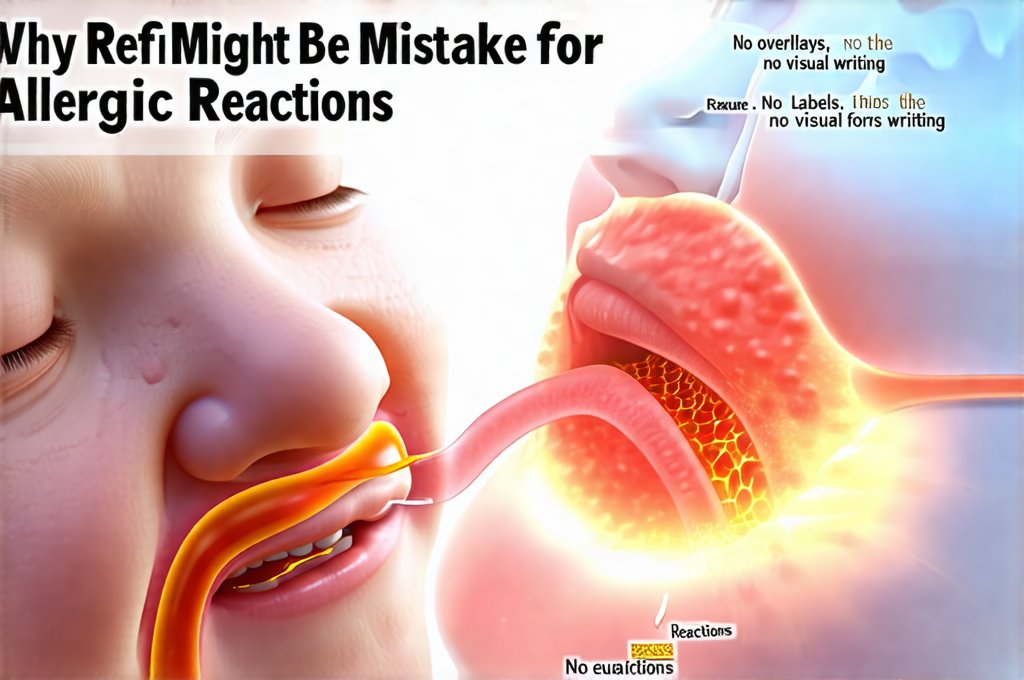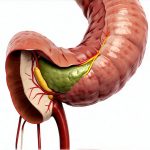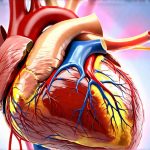Reflux, often experienced as heartburn or acid indigestion, is a common ailment affecting millions. It occurs when stomach acid flows back up into the esophagus, causing irritation and discomfort. While many recognize the classic symptoms – burning sensation in the chest, regurgitation, difficulty swallowing – the presentation of reflux can be surprisingly varied. This variability leads to frequent misdiagnosis, with individuals often attributing reflux symptoms to allergic reactions, especially food allergies. The overlap in symptoms, coupled with a general rise in allergy awareness, creates a complex situation where identifying the true culprit requires careful consideration and, ideally, professional evaluation.
The human body is a sophisticated system, and its warning signals aren’t always clear-cut. What feels like an allergic reaction – hives, itching, skin rashes, even breathing difficulties – can sometimes be a manifestation of underlying gastroesophageal reflux disease (GERD). This misinterpretation isn’t surprising given that both conditions can trigger the immune system in different ways and present with seemingly similar external symptoms. Understanding how these two conditions intertwine, and where they diverge, is crucial for accurate diagnosis and effective management. Ignoring the possibility of reflux when an allergic reaction is suspected – or vice versa – can delay appropriate treatment and potentially worsen the underlying condition. You might even wonder can gut issues be mistaken for something else entirely?
The Symptom Overlap: Why the Confusion Happens
The core reason for confusing reflux with allergies lies in the shared symptomatic territory. Both conditions can manifest as skin issues, respiratory problems, and digestive upset. – Skin reactions: Reflux can cause histamine release in the body as it attempts to deal with esophageal irritation. This histamine surge mimics allergic responses like hives (urticaria) or eczema flare-ups. A seemingly inexplicable rash after a meal might be reflux triggered by the food, not an allergy to it. – Respiratory symptoms: Acid reflux reaching the upper airways can irritate the lungs and throat, leading to coughing, wheezing, or even shortness of breath. These are classic asthma/allergy symptoms, making it difficult to pinpoint the source. – Digestive issues: Both reflux and allergies can cause nausea, vomiting, diarrhea, bloating, and abdominal pain. Distinguishing between food intolerance (often linked to digestion), allergy, and reflux requires a nuanced understanding of timing, triggers, and accompanying symptoms.
The body’s immune response is central to both conditions but operates differently. An allergic reaction involves an immediate immune response triggered by a specific allergen. The immune system identifies the substance as harmful and releases chemicals (like histamine) causing inflammation and various symptoms. Reflux, however, doesn’t typically involve a direct allergic trigger; it’s more about physical irritation caused by stomach acid. However, chronic reflux can lead to inflammation and hypersensitivity, effectively activating the immune system and mimicking allergy-like responses. This is why some individuals find themselves on elimination diets targeting potential allergens when their primary issue is actually GERD. Can reactions be a sign of healing, or are they something else?
Furthermore, many people self-diagnose based on perceived triggers. If someone experiences a rash after eating strawberries, they might immediately assume a strawberry allergy. However, the strawberries could have simply triggered acid reflux, and it’s the reflux, not the fruit itself, that caused the skin reaction. This highlights the importance of professional diagnosis to avoid unnecessary dietary restrictions and ensure appropriate treatment. It is also important to note that some individuals may experience both allergies and reflux simultaneously, further complicating the picture. Perhaps can acid reflux be linked to food sensitivities as well?
Identifying Reflux: Beyond Heartburn
While heartburn is the hallmark symptom of reflux, it’s not always present or prominent. Many people experience “silent reflux,” where symptoms are atypical and don’t involve burning in the chest. These subtle signs can easily be mistaken for allergies. – Chronic cough: A persistent, dry cough, especially at night, often indicates acid reflux irritating the airways. – Hoarseness: Reflux can inflame the vocal cords leading to hoarseness or a raspy voice. – Sore throat: Frequent sore throats without an obvious cold or infection could be related to reflux. – Postnasal drip: Acid traveling up the esophagus can stimulate mucus production, resulting in postnasal drip and congestion.
Differentiating between reflux and allergies involves considering symptom timing and triggers. Allergic reactions usually occur quickly after exposure to an allergen. Reflux symptoms might appear hours after a meal or be triggered by specific foods but don’t have the same immediate onset. Paying attention to what you ate, when you ate it, and how long before symptoms appeared can provide valuable clues. Lifestyle factors also play a role. – Diet: Fatty, fried, spicy, acidic, or caffeinated foods can worsen reflux. – Habits: Smoking, alcohol consumption, and large meals can all contribute. – Position: Lying down after eating can exacerbate reflux. You might find why bone broth isn’t suitable for everyone either.
A definitive diagnosis often requires medical evaluation. A healthcare professional might recommend: 1. Endoscopy: To visualize the esophagus and stomach for signs of damage. 2. pH monitoring: To measure the amount of acid in the esophagus over a period of time. 3. Esophageal manometry: To assess how well the esophageal muscles are functioning. These tests can help determine if reflux is present and its severity, allowing for targeted treatment.
The Role of Histamine & Inflammation
Histamine plays a complex role in both allergic reactions and reflux. While primarily known as the mediator of allergic responses, histamine is also released by the body in response to esophageal irritation caused by acid. This creates a vicious cycle where reflux triggers histamine release, leading to allergy-like symptoms. The histamine then further exacerbates inflammation and potentially worsens reflux itself. Some individuals are more sensitive to histamine than others, making them prone to experiencing stronger reactions. Can gut reactions be linked to mineral deficiencies too?
Chronic inflammation is a common thread linking allergies and reflux. Long-term acid exposure can damage the esophageal lining, causing chronic inflammation. This persistent inflammation activates the immune system, leading to increased sensitivity and potential for allergy-like symptoms. Conversely, allergic inflammation can also contribute to gut dysbiosis (imbalance of gut bacteria) which may worsen reflux symptoms. Addressing underlying inflammation is crucial for managing both conditions effectively.
Dietary strategies can help manage histamine levels and reduce inflammation. – Low-histamine diet: Reducing intake of foods high in histamine (fermented foods, aged cheeses, smoked meats) may alleviate symptoms. – Anti-inflammatory diet: Incorporating anti-inflammatory foods like fruits, vegetables, fatty fish, and olive oil can support overall health and reduce inflammation. – Gut health: Promoting a healthy gut microbiome through probiotics and prebiotics may help modulate the immune system and reduce inflammation. It is important to note that dietary changes should be made under the guidance of a healthcare professional or registered dietitian. You might also wonder why avocados can be difficult to digest for some?
When to Seek Professional Help
Distinguishing between reflux and allergies can be challenging, and self-diagnosis isn’t always reliable. If you’re experiencing persistent symptoms – especially if they are interfering with your daily life – it’s essential to seek medical attention. Don’t attempt to self-treat without a proper diagnosis. A healthcare professional can accurately assess your symptoms, rule out other conditions, and recommend the most appropriate course of action.
If you suspect an allergic reaction involving difficulty breathing, swelling of the face or throat, or dizziness, seek immediate medical attention. These are signs of anaphylaxis, a severe and potentially life-threatening allergic reaction. Similarly, if reflux symptoms are severe – causing persistent chest pain, difficulty swallowing, or vomiting blood – consult a doctor promptly.
A thorough evaluation might involve allergy testing (skin prick tests or blood tests) to identify potential allergens and endoscopic examination to assess the esophagus for damage caused by reflux. The goal is not just to identify the problem but also to develop a personalized management plan that addresses your specific needs. This plan may include lifestyle modifications, dietary changes, medications, or a combination of all three. Remember, accurate diagnosis is the first step towards effective relief and improved quality of life. Also consider why store-bought broths can be problematic for some individuals.


















